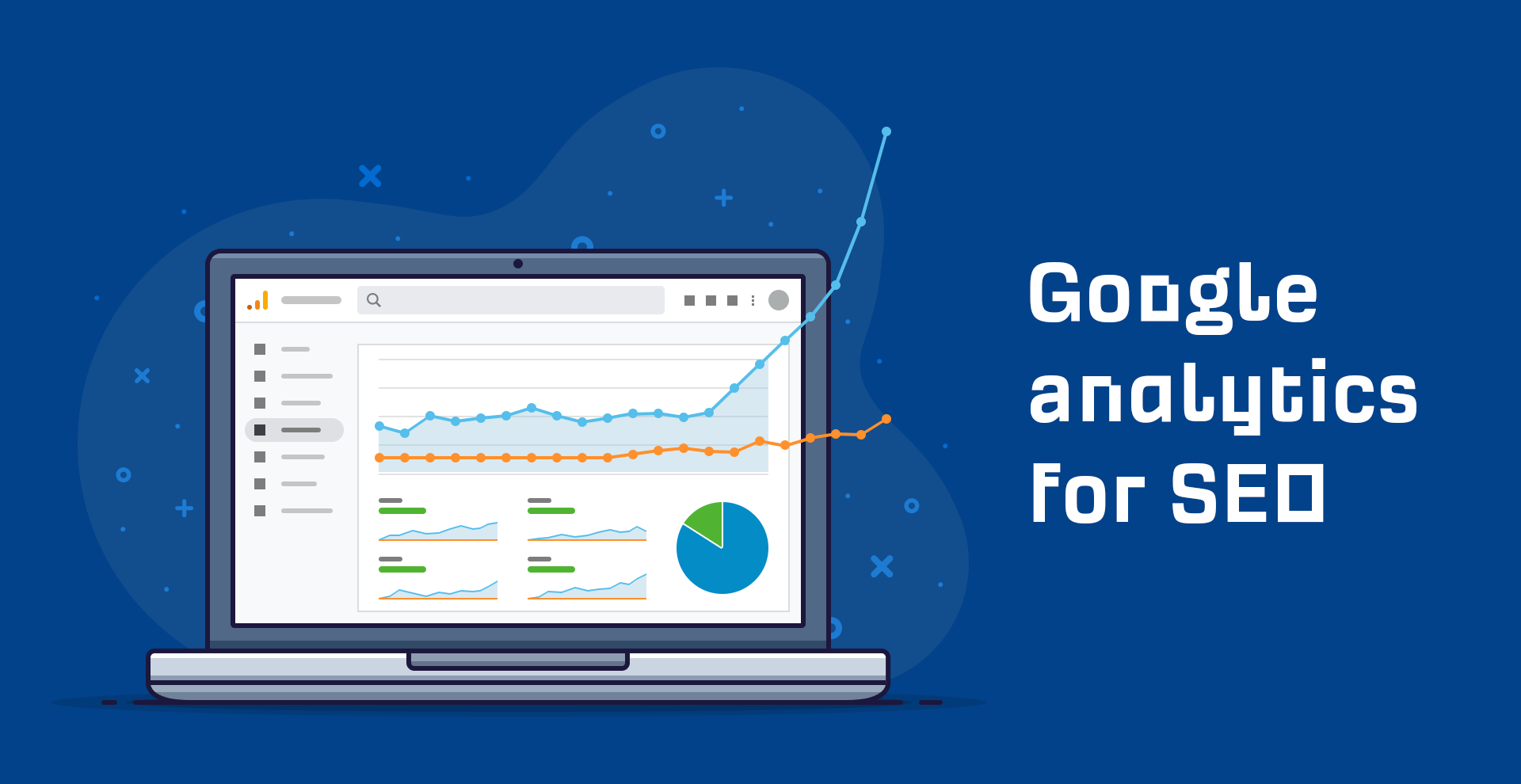Week 5: How Analytics play a Role in SEO
Nolan Fasel

When it comes to optimizing your website for search engines, there are a lot of different factors to consider. From keyword research to content creation, on-page optimization, and link building, there's a lot that goes into a successful SEO strategy. However, one critical component that often gets overlooked is analytics.
Analytics is the process of analyzing website data to gain insights into user behavior, traffic sources, and other key performance indicators (KPIs). By tracking these metrics, you can gain a better understanding of how your website is performing and make data-driven decisions to improve your SEO strategy.
In this blog post, we'll explore how analytics play a part in SEO and why they're so important.
Tracking Your Website's Performance
One of the most important aspects of analytics in SEO is tracking your website's performance over time. This includes monitoring your website's traffic, engagement, and conversion rates to see how they're changing over time.
For example, you can use analytics tools like Google Analytics to track your website's traffic sources, such as organic search, social media, or paid advertising. You can also track your website's bounce rate, which measures the percentage of visitors who leave your website after only viewing one page.
By tracking these metrics, you can gain insights into how your website is performing and identify areas for improvement. For example, if you notice that your website's bounce rate is high, it may indicate that visitors are not finding the information they're looking for, which may require you to revise your website's content or improve your website's user experience.
Identifying Keyword Opportunities
Another important aspect of analytics in SEO is identifying keyword opportunities. By analyzing the keywords that are driving traffic to your website, you can identify the keywords that are most relevant to your target audience and optimize your website's content accordingly.
For example, if you notice that a specific keyword is driving a lot of traffic to your website, you may want to create more content around that keyword to attract even more traffic. Conversely, if you notice that a specific keyword is not driving much traffic to your website, you may want to revisit your keyword strategy and optimize your website's content with more relevant keywords.
Monitoring Your Competition
Analytics can also help you monitor your competition and stay ahead of the curve. By analyzing your competitors' websites and tracking their traffic, engagement, and conversion rates, you can gain insights into what's working for them and identify opportunities to differentiate your website from theirs.
For example, you may notice that your competitors are ranking well for a specific keyword that you haven't optimized your website for. By optimizing your website's content with that keyword, you may be able to attract more traffic and improve your website's search engine rankings.
Analytics play a critical role in any successful SEO strategy. By tracking your website's performance, identifying keyword opportunities, and monitoring your competition, you can make data-driven decisions to improve your website's search engine rankings and drive more traffic to your website.
So if you haven't already, be sure to set up an analytics tool like Google Analytics and start tracking your website's performance today. The insights you gain from analytics can help you take your SEO strategy to the next level and achieve your business goals.
Comments
Post a Comment